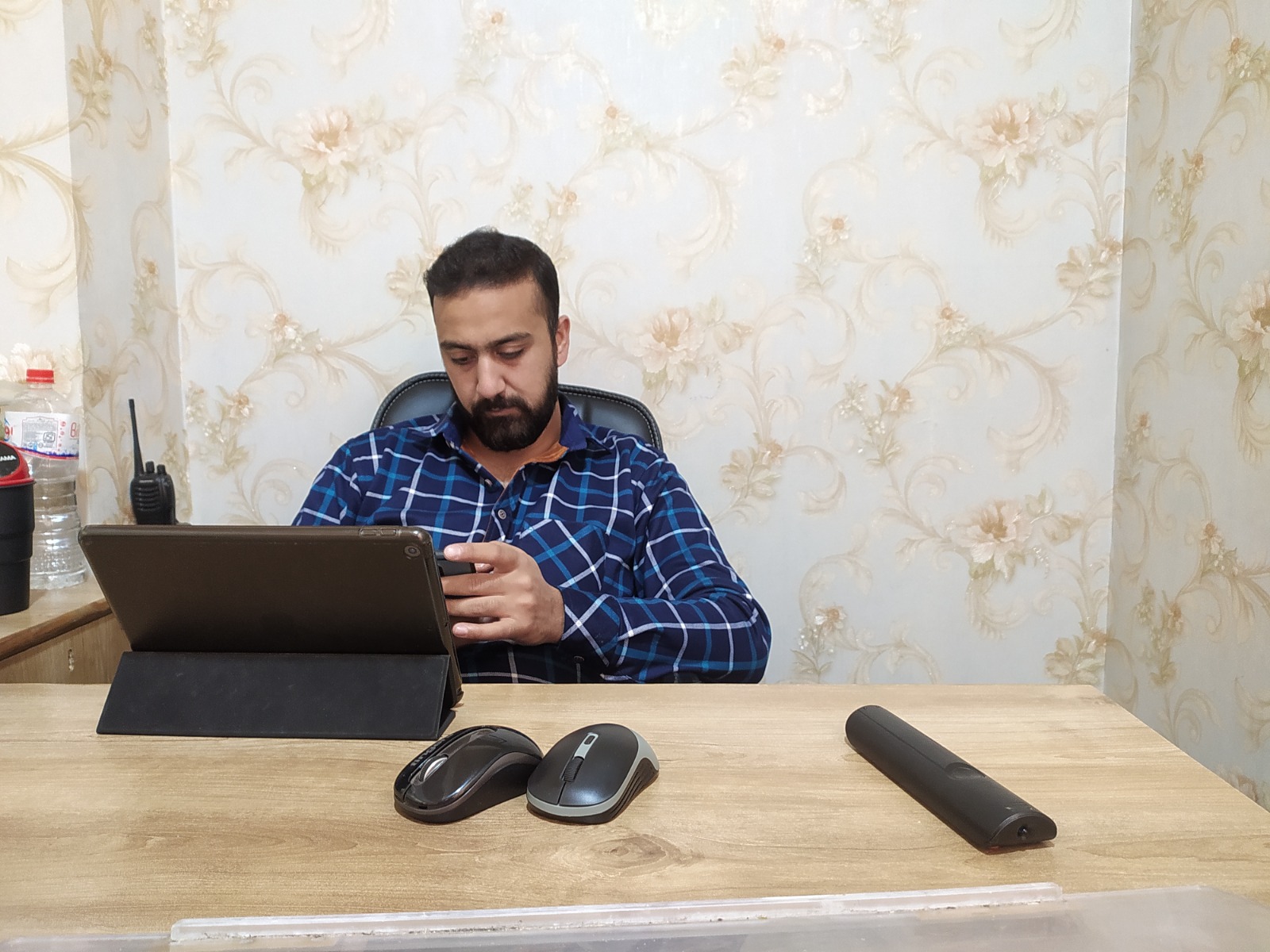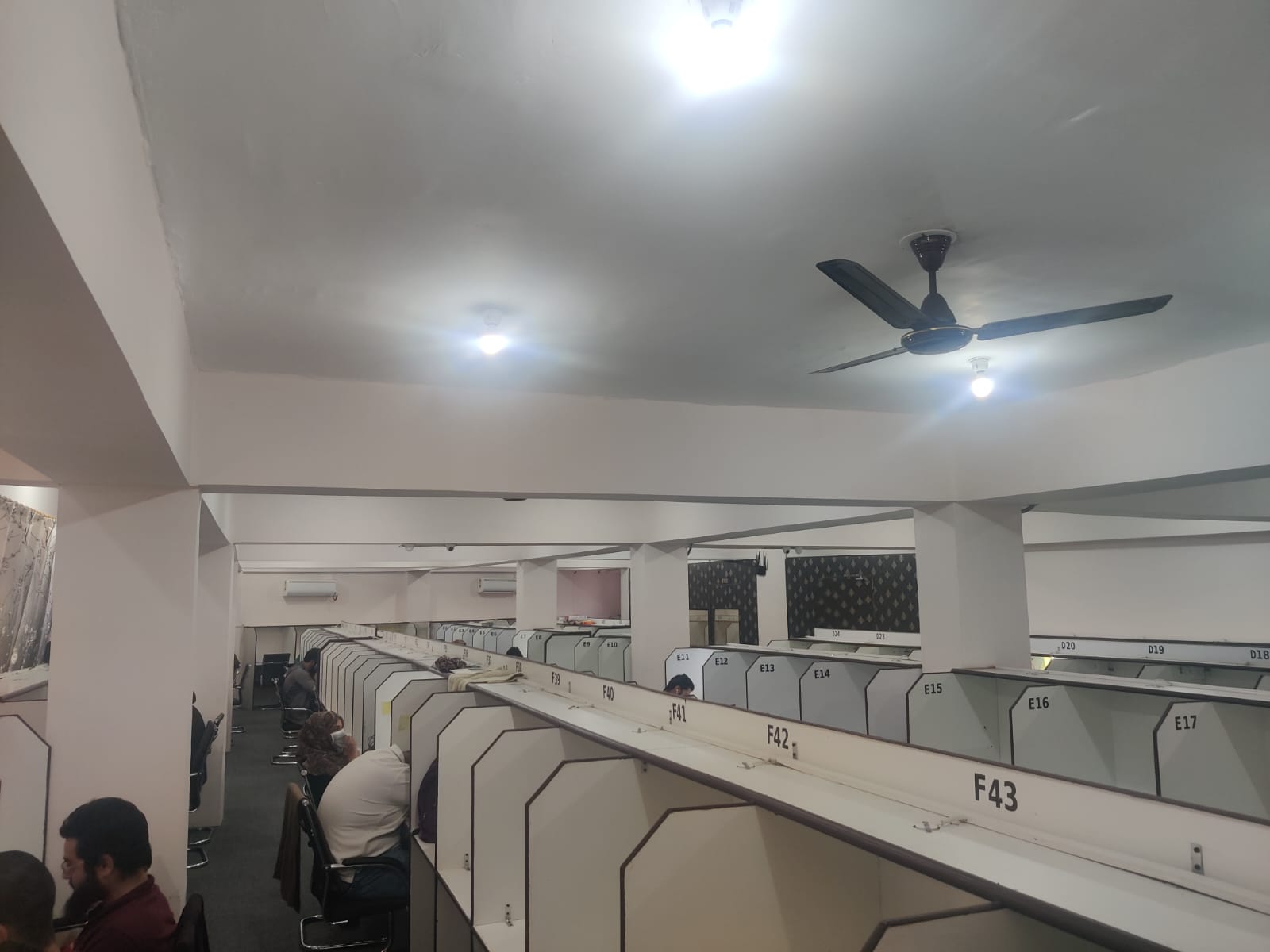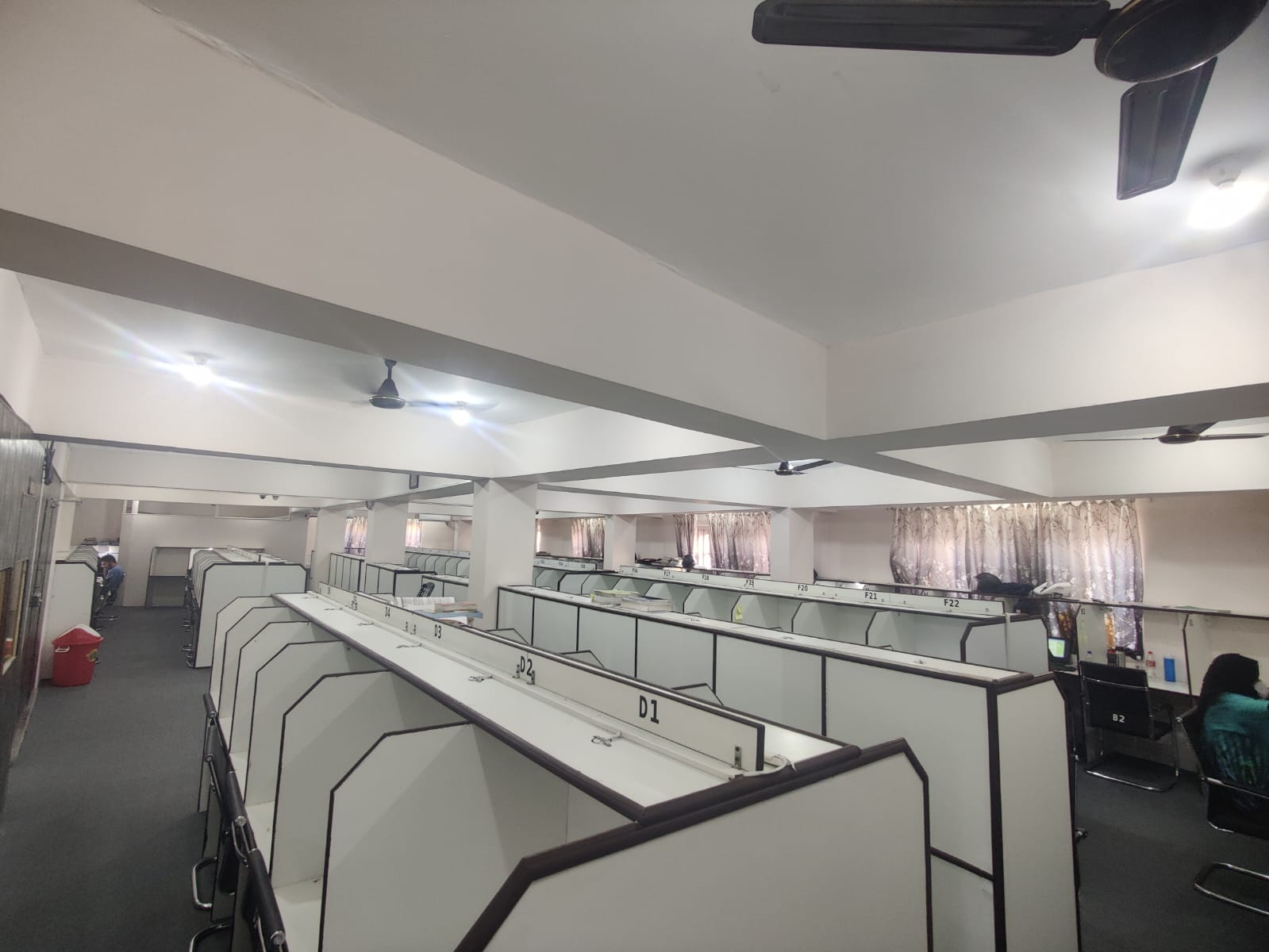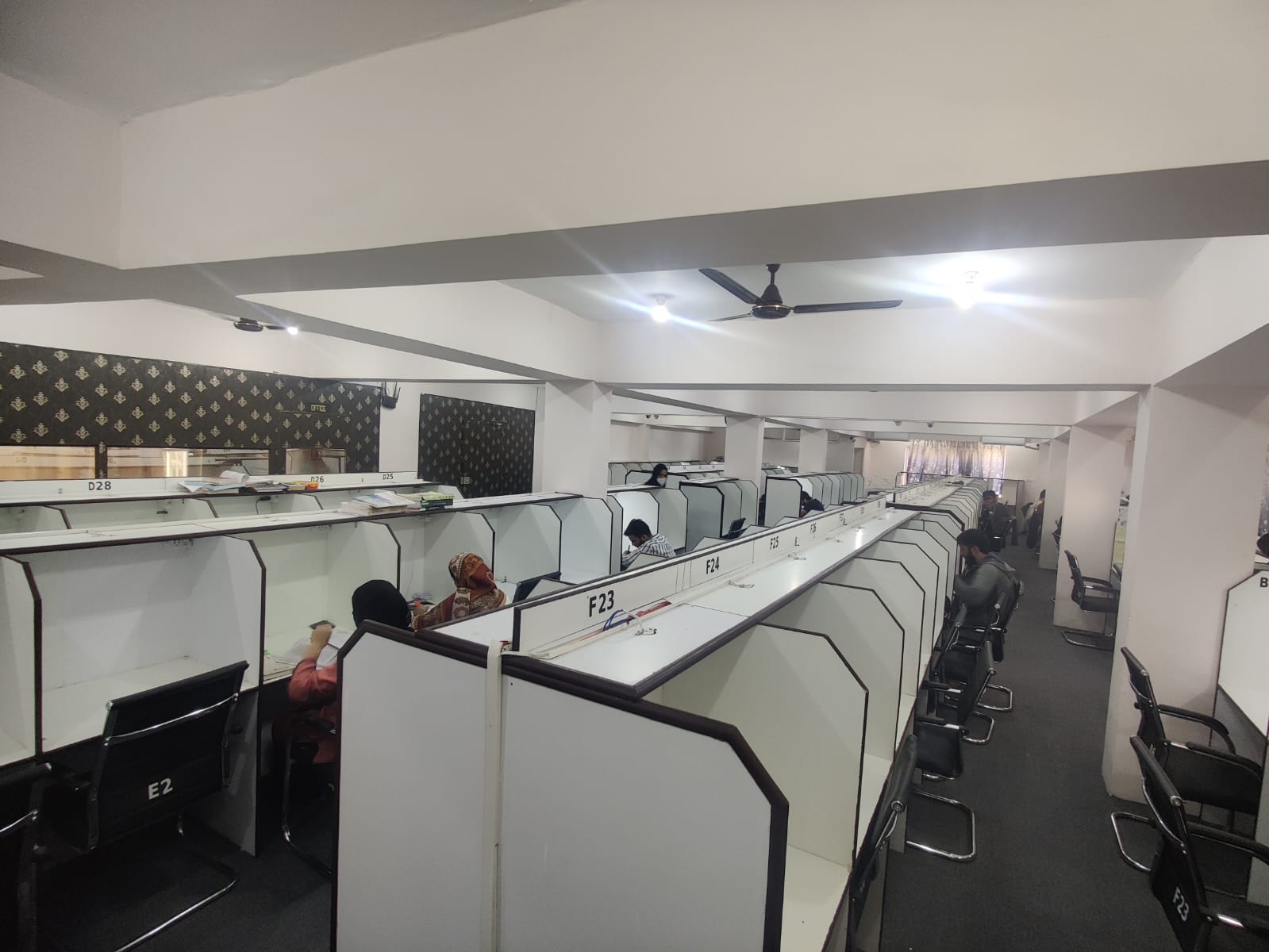At golden hour, Deeshan Jaalu, 27 from Srinagar’s Karan Nagar was looking at the setting sun when the sun was gone but not it’s light. He was thinking about his future course, after qualifying MBA from Chandigarh, he was unsure of a Government job in Kashmir Valley.
It was 2021, and Jaalu was planning to start entrepreneurship at a time when Covid-19 had already pushed the world populace inside imprisoning households.
Initially, I thought of a spacious coaching center but then a friend proposed a space where people can read or study, a private library that is open 24 hours with an Internet facility and food, Daalu tells The Himalayan Post.
It was like intuiting an echoing space which prerequisites to fill as the Himalayan valley including the capital, Srinagar houses no private library, he says.
“We have a few Libraries in Kashmir but all are owned by the Government like the SP Library at MA. Road, Srinagar but they operate with a fixed timing schedule and remain closed on Sundays,” Daalu says while sipping tea at his office with confidence.
Overlooking this requirement, he ascertained his Study Lounge 24*7 Library which is located in the Batamaloo area of Srinagar remains open 24 hours a day and 365 days a year.
And see, how fortunate the idea was; at the beginning, I had 145 cabins only but in a year, the cabins expanded to 310 as more and more people started utilizing this space, he says with a smile.
As Kashmir youth is highly dependent on government jobs and a majority of them prefer competitive exams; I certify each cabin has a lamp, a power point and the study material for such examinations is available, he explains why his business idea succeeded.
Now, after profitable earnings, Daalu is readying to grow his enterprise across other districts of the valley.
 Mr. Jaalu at his Office
Mr. Jaalu at his Office
“Though I may face winter tribulations like providing uninterrupted electricity and water supply in Kashmir’s rural pockets, I will ensure my presence there to cope with the challenges.”
Kashmir’s first reading room was founded in 1929 by two local brothers where Kashmiri intellectuals would meet, read, think and discuss the world and local affairs.
The Reading Room Party eventually led the foundations of Kashmir’s political struggle against autocracy.
However, Maharaja’s government never relented the flow of newspapers and journals, which mostly came from undivided Punjab until bureaucracy took over.
Though a private library cannot come even closer to the Reading Room of the 1930s, the white rectangular cabins that divide the library space remains occupied, and the sound of flicking pages overwhelms the sluggish noise of the ceiling fans.

For 19-year-old Muskaan, who hails from South Kashmir Kulgam district, this library has become a second home for nearly seven months now as it also provides PG room facilities for women of all ages.
“I wasn’t able to prepare for NEET (National Eligibility cum Entrance Test) exam at home as one or other domiciliary commissions used to disrupt my schedule,” she says.
“Here! I get the internet, and food at low rates and the most interesting part is, it's open 24 hours a day, 365 days a year,” she says with enthusiasm.
Muskaan believes one has to study day and night in order to qualify for exams as the saturation is high in the region.
“And I think this place has done justice, rightly.”

“Students from different parts of the valley visit here to study. When we meet new people, our inner self explores more and works as a catalyst for a clearer vision,” says young Muskaan.

Apart from students and job aspirants, the space has started attracting young journalists from the valley who became homeless since the closure of the Kashmir Press Club.
A young female freelance journalist tells The Himalayan Post that she is frequently visiting the library to jot down daily news inputs as working in the costly cafes remain a struggle.
“Since we lost Press Club, many freelance journalists like me lack working space so this library has become an alternative,” the journalist say.
Thankfully, food is cheaper than in cafes, and the Internet is accessible. I spend days and evenings here without bothering about the bill, she describes why the space is financially feasible.